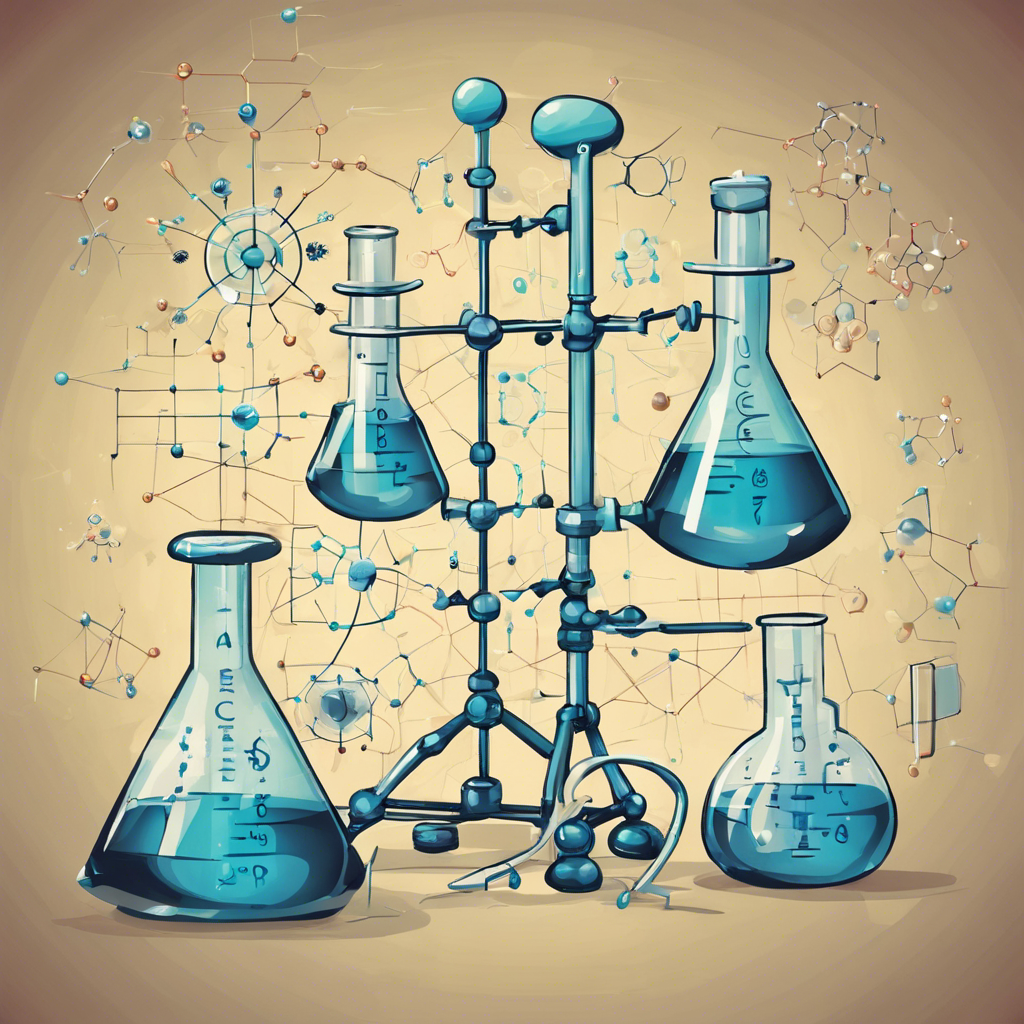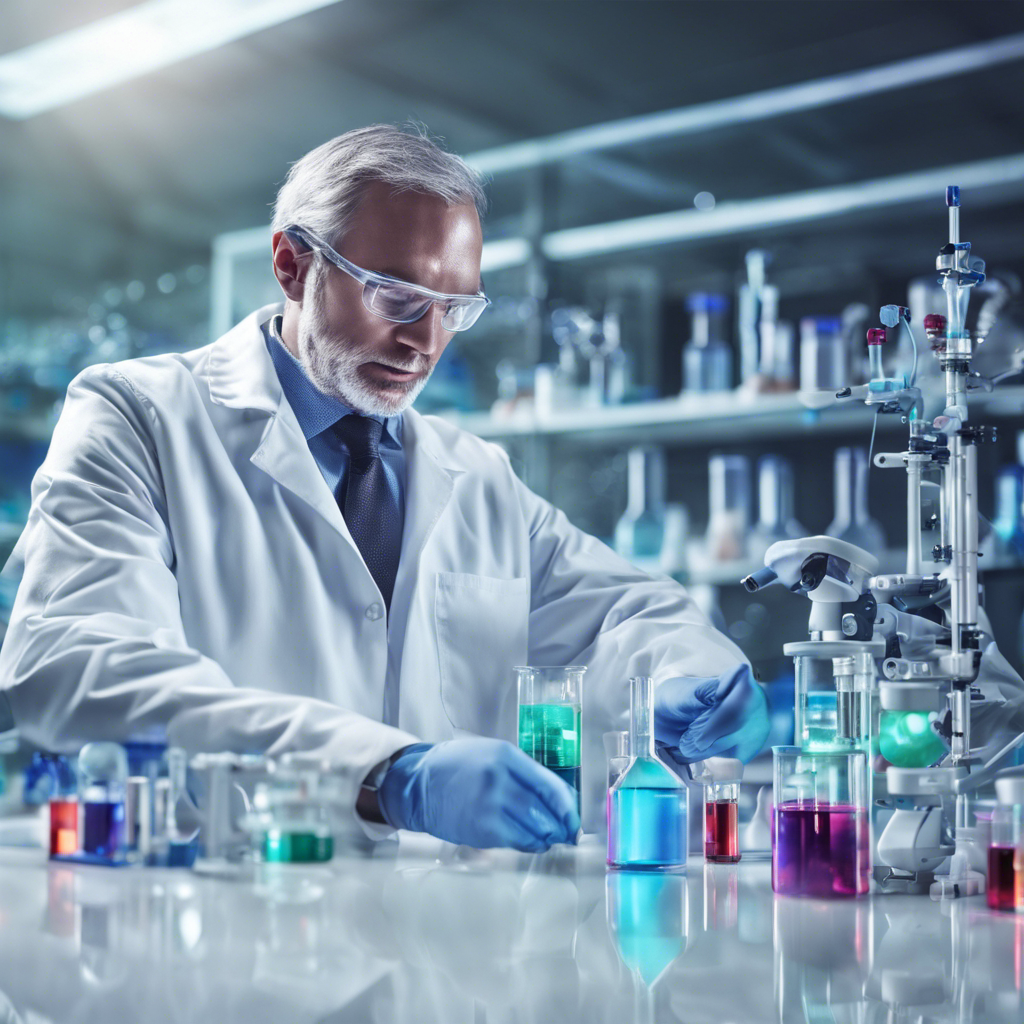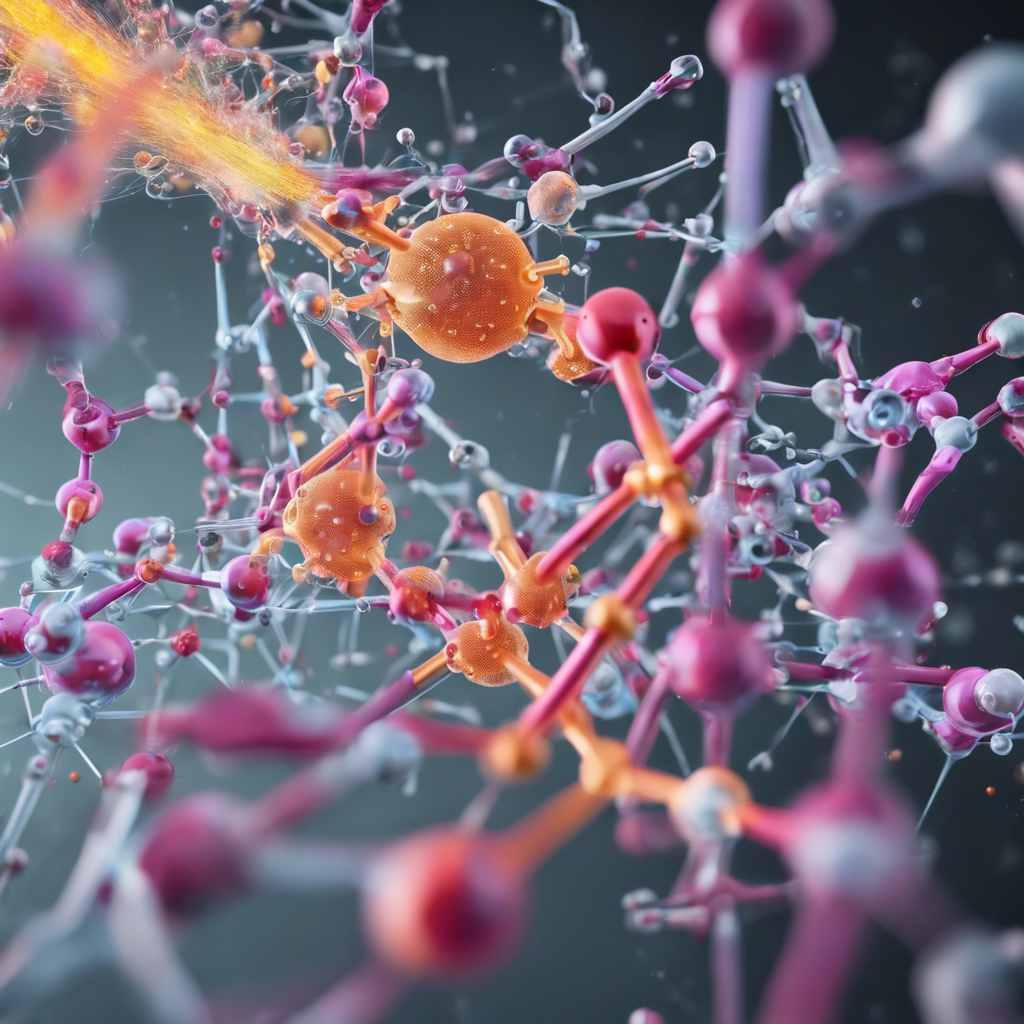Chemists Share Insights on Advancements and Innovations in the Field
Chemistry, the study of matter and its properties, is a dynamic field that continues to evolve and shape our world. From developing sustainable materials to harnessing the power of artificial intelligence, chemists are at the forefront of groundbreaking research. We reached out to experts in various branches of chemistry to gain insights into the future of the field. Their predictions highlight the potential for significant advancements in chemical recycling, artificial intelligence, supramolecular chemistry, green chemistry, genomics, and catalyst design.
Chemical Recycling: Unlocking the Potential of Plastic Waste
With the increasing focus on developing a sustainable and circular polymer economy, chemical recycling holds promise in transforming plastic waste into valuable raw materials. Dr. Athina Anastasaki from the Swiss Federal Institute of Technology (ETH), Zurich, highlights the importance of selectively breaking down waste polymeric materials into desirable feedstock. Advances in mechanochemistry, photochemistry, and organometallic catalysis show potential in achieving this objective. The ultimate goal is to effectively utilize polyethylene and polypropylene in waste streams in an economically viable manner.
Artificial Intelligence in Chemistry: From Design to Evaluation
Artificial intelligence (AI) techniques are revolutionizing the field of chemistry, particularly in molecular discovery. Dr. Connor W. Coley, a computational chemist from the Massachusetts Institute of Technology, predicts increased accessibility and routine adoption of AI techniques such as Bayesian optimization and neural network potentials. These techniques can identify reaction conditions and anticipate selectivity, leading to novel transformations. The focus will shift from AI-discovered drugs to molecular evaluation, with advancements in structure-based drug design techniques.
Supramolecular Chemistry: Creating Soft Materials for Living Systems
As our understanding of living systems and tools to modify them continues to grow, supramolecular chemists like Dr. Roxanne Kieltyka from Leiden University are exploring new opportunities to create soft materials. By controlling the synthesis of polymers with advanced properties and functions, researchers can fabricate materials that interact with living systems. Reversible covalent or non-covalent bonding chemistries enable the development of dynamic materials that mimic the mechanical characteristics of cells and native tissues. These materials have applications in healthcare, the environment, and beyond.
Green Chemistry: Paving the Way for a Sustainable Revolution
The quest for decarbonization and sustainability is driving breakthroughs in green chemistry. Stafford Sheehan, the chief technology officer of Air Company, emphasizes the importance of technologies that produce molecules traditionally derived from fossil fuels in a sustainable manner. Low-carbon hydrogen production, sustainable fuels, industrial electrification, and next-generation catalysts are areas of focus. These advancements will enhance the efficiency and impact of the energy industry, reducing resource limitations and emissions.
Genomics and Big Data: Unraveling Biological Systems
The era of big data continues in genomics, with the cost of genome sequencing expected to reach $100. Dr. Michael Snyder from Stanford University predicts a rise in other omics fields, such as proteomics and metabolomics. Single-cell spatial omics, currently limited to RNA and protein, will also advance. Machine learning and artificial intelligence will become more commonplace, enabling the analysis of large and heterogeneous data types. These advancements will deepen our understanding of biological systems and human disease.
Catalyst Design: From Trial-and-Error to Rational Design
Catalysts play a vital role in various industries, yet their synthesis often relies on trial-and-error. Dr. Charlotte Vogt from Technion—Israel Institute of Technology envisions a future where lab automation and artificial intelligence enable the rational design of catalysts. The accessibility of these tools will lead to a greater understanding of catalysts and drive novel processes for addressing anthropogenic climate change, such as mass-scale carbon capture and storage.
Conclusion:
The future of chemistry holds immense potential for advancements in various fields. From transforming plastic waste through chemical recycling to harnessing the power of artificial intelligence in molecular discovery, chemists are pushing the boundaries of what is possible. Supramolecular chemistry, green chemistry, genomics, and catalyst design are also poised to revolutionize industries and contribute to a more sustainable and efficient future. As we enter 2024, these predictions provide a glimpse into the exciting developments that lie ahead in the world of chemistry.











